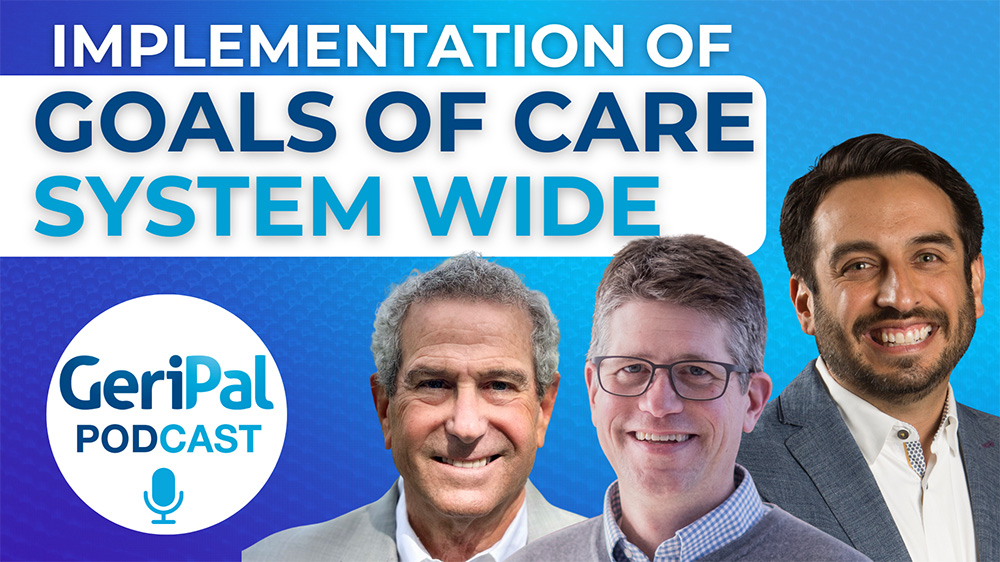
“When the parent gives to the child, the parent laughs, but when the child gives to the parents, the child cries and the parent cries.”
This proverb is befitting of how caregiving may oftentimes be perceived as taxing and resented by adult children who unenthusiastically accept the responsibility of caring for an aging parent.
My Mother’s Hipis Luisa Margolies’ personal account of her caregiving experience, which depicts the opposite reaction to caregiving as that suggested by the proverb; instead of being reluctant or expressing any resentment toward becoming her mother’s informal caregiver, Margolies takes the experience in great stride, no matter how physically or emotionally taxing.
Margolies was living in Caracas, Venezuela as a medical anthropologist with her family when her mother, June, fell and suffered a double hip fracture. June survived the operation only to enter into a period of emotional and physical distress as her preexisting chronic diseases, such as polymyositis and osteoarthritis, and acute illnesses – heart arrhythmia and bacterial infections – impede her course to recovery.
Upon learning of her mother’s fall, Margolies took a flight out of Venezuela to south Florida to care for her mother, despite there being Marisa, an in-home aide. In addition to caring for her mother, Margolies had to be vigilant of her ailing father who had become fraught with anxiety and stress over his wife’s fragile condition. When her brother (a doctor in Chicago) expressed constrained concern and reluctance to leave his work to tend to the needs of their fragile mother, Margolies remarks, “I wondered whether my brother would ever see that no hired hand could take the place of an adult child.”
Margolies started as a part-time long-distance caregiver but became full-time as she took up temporary residence in her parents’ house. “[I] took them to their doctors, did their banking, cleaned and organized the house, shopped for food, and took care of the other errands they invariably saved for my visits,” Margolies shared.
June was eventually admitted to a skilled nursing facility, marking the beginning of a series of negative nursing home stays. Throughout the book, both mother and daughter expressed grievances with hospital and nursing home care after June was continuously neglected by the nursing and medical staff and frequently berated like a child for her incontinence.
The story continues in this way, in which June was shuttled from place to place, often dissatisfied with the facility staff and the care she received (or does not receive), so much that she spiraled into depression.
June’s dissatisfaction with the medical facilities provides insight into the frustrations that may arise from institutionalized care. After a brief stint in a nursing home, albeit pleasant, June experienced a lung infection that culminated in her passing.
Margolies goes through denial, shock, remorse, confusion and anxiety as she mechanically rids her parents’ home of memorabilia associated with her mother’s suffering – the walker, her medical supplies, and stained bed sheets. Her father departed soon after, and as Margolies came to accept both losses, she viewed them as learning experiences that helped her appreciate the role of adult children as caregivers to their elderly parents.
June Marolies’ double-hip fracture and her road to recovery uncover many issues generally related to care received by frail elders within institutionalized settings, as well as informal caregiving issues.
In the book, Margolies makes the argument for the need for better communication between healthcare providers and the caregiver, suggesting that the internists did not adequately disclose to her how her mother’s needs would impact the family.
She suggested that rarely is the relative involved in the decision-making process regarding the patient’s care, a convention that Margolies vehemently opposes. “Most medical personnel involved in a patient’s care consider only the patient’s decisions, not those of the family. But every protracted illness involved the patient’s family.”
Another important aspect of caregiving that is pervasive throughout the book is the physical, emotional, and psychological effects of caregiving on the caregiver. When June’s resilience began to wane from the numerous hospitalizations, Margolies became deeply disturbed by her mother’s emotional response. “Mother lost her composure, and I felt rotten.”
This book evinces the intricate interplay among many key players involved in the care of an ill elderly person – the Medicare processor, the home help aide, the healthcare providers, nursing home staff, and informal caregivers.
My Mother’s Hip discusses lessons we can learn in providing support to a loved one and stresses the importance of providing the patient with a multidisciplinary approach to recovery after a double hip fracture.
Margolies’ story should serves as a supplementary guide for individuals seeking nursing home care for their loved ones. It should also serve to encourage adult children to reciprocate the care their parents provided to them…without crying.
By: Julie N. Thai [GeriPal International Correspondent]



